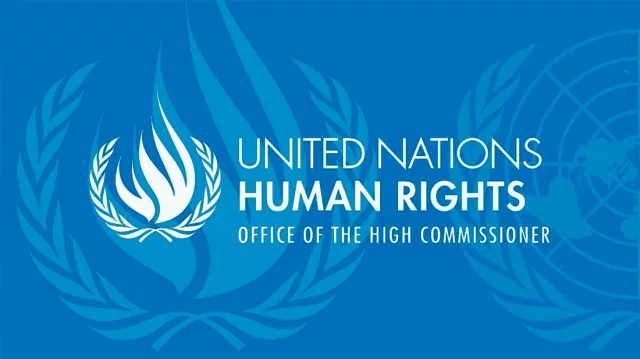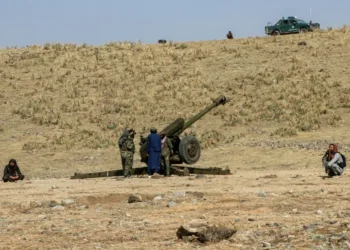Three in every four Bangladeshis (74.4 percent) were victims of corruption by law enforcement officials during the 15-year corrupt reign of the fallen Awami League government, according to a recent report of the United Nations (UN) rights office.
“Corruption at the highest levels has been mirrored by widespread corruption and extortion at lower levels of the bureaucracy and security apparatus,” the Office of the UN High Commissioner for Human Rights (OHCHR) fact-finding report read.
The Office of the OHCHR released its Fact-Finding Report titled “Human Rights Violations and Abuses related to the Protests of July and August 2024 in Bangladesh” last week from its Geneva office.
The OHCHR revealed that ousted prime minister Sheikh Hasina and her Awami League mounted dominance over political institutions, the justice and security sectors, and the wider bureaucracy during her 15 years in office.
“This capture radiated into the broader economy, in the form of clientelism, crony capitalism and corruption,” the report said.
The fallen government prioritised large businesses and export industries, in particular the garment sector, as well as major infrastructure projects, rather than developing a wider industrial basis and fostering smaller and medium enterprises.
The UN fact-finding report unearthed how the AL government manipulated data with a doubling of the per capita gross domestic product since 2013, where the overall distribution of economic gains was increasingly uneven in reality.
Income and consumption inequality, as well as income concentration among the richest five percent in the country, increased markedly between 2010 and 2022.
Bangladesh has a very low tax base relying heavily on indirect taxes, which increases the burden on middle- and low-income people disproportionally.
“The concentration of economic power and wealth and the related negative impacts on the enjoyment of economic, social and cultural rights have also been driven by large-scale corruption in public procurement and the capture and control of banks, energy providers and other key sectors of the economy by oligarchs close to the Awami League,” the UN report said.
The report found that politically connected clients plundered money from several large banks through loan schemes, which were massive enough in scale to threaten the country’s macroeconomic stability.
“A considerable part of these and other illegally acquired gains were reportedly transferred out of the country and invested in foreign jurisdiction for the benefit of corrupt Bangladeshi senior officials and Bangladesh oligarchs linked to them,” it revealed.
BSS




















